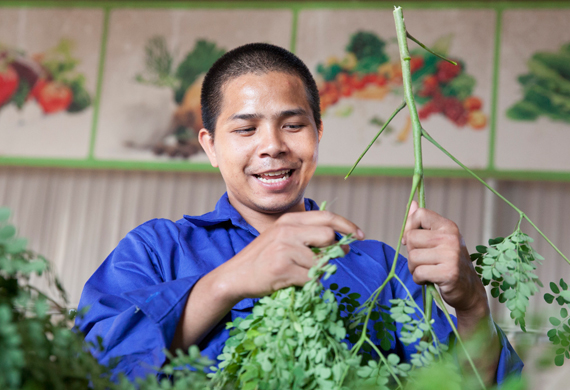
Why
Despite rapid urbanization in many countries, around 46 per cent of the world’s population, many of them young people, live in rural areas. Young women and men can be catalysts for economic growth and development in rural economies, but only if they have access to decent work. Some of the barriers they typically face include low incomes, hazardous and precarious working conditions, and limited or no access to social protection. Ensuring that rural youth have access to an abundance and variety of quality jobs is not just important for their personal wellbeing, but also key to reducing poverty and achieving global food security in the coming decades.

HOW
Investing in decent jobs for rural youth can catalyze economic growth and development in rural economies as a whole. At Decent Jobs for Youth, our approach centres on developing and supporting efficient agribusiness, value chains and entrepreneurship models. Another key focus area is ensuring that young people have access to productive resources, such as land, technology and financial services. These efforts are complemented by strengthening policies and programmes so that the rural economy benefits from a skilled youth labour force and a positive business climate.
Who
The FAO and the ILO are committed to lead this thematic priority. Decent Jobs for Youth brings together a growing number of partners who are committed to boost labour market outcomes and unleash the potential of youth in the rural economy.







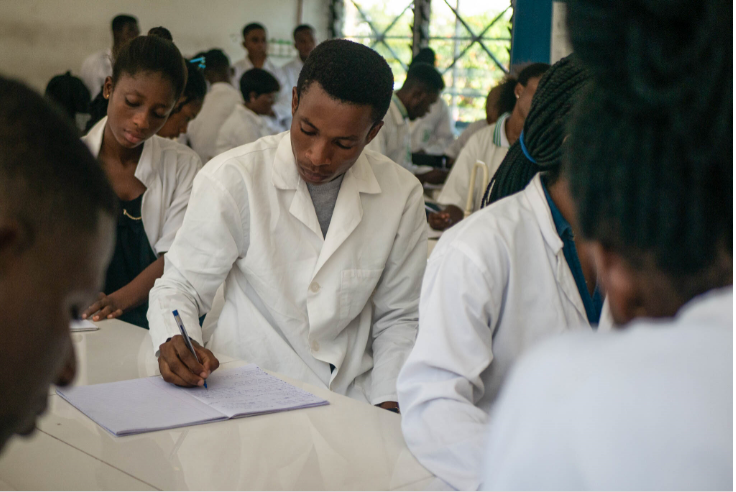
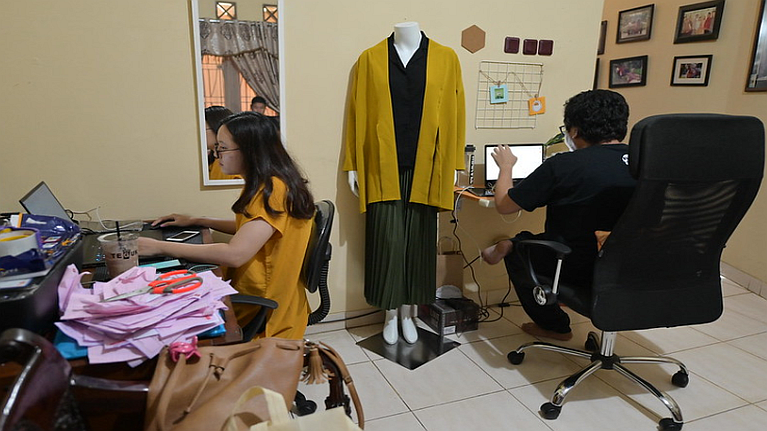
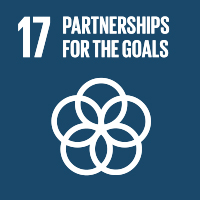
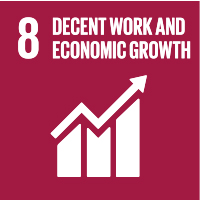
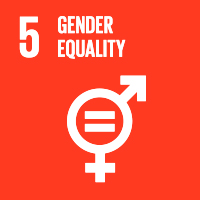
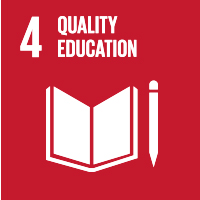
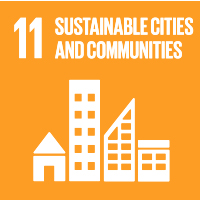
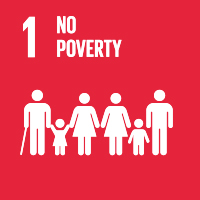





South Korea’s youth employment support overview
The University Job Plus Center Project, supported by the Ministry of Employment and Labor (MOEL) and implemented across 117 universities in South Korea, aims to enhance career prospects for young people. From May 2024 to December 2025, the Korea Employment Information Service (KEIS) will provide an overview of this program, highlighting best practices in career guidance and job support services for students and regional youth.
Green Works in Madagascar
Green Works in Madagascar aims to enhance community resilience against natural disasters, support employment recovery from the COVID-19 pandemic, and improve capacity for climate change adaptation through employment-intensive green works in Amboasary and Bekily regions in Southern Madagascar. The project creates skills development and employment opportunities for unemployed youth, women, and persons with disabilities through construction/rehabilitation of the rural infrastructure in vulnerable agrarian communities. Youth affected by drought and the COVID-19 crisis actively participate in the development process and can access immediate employment and income generating opportunities.